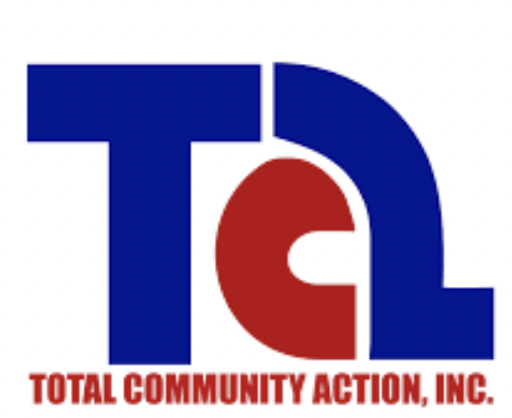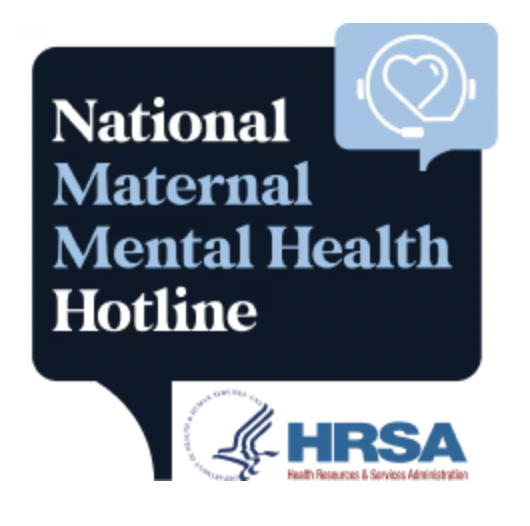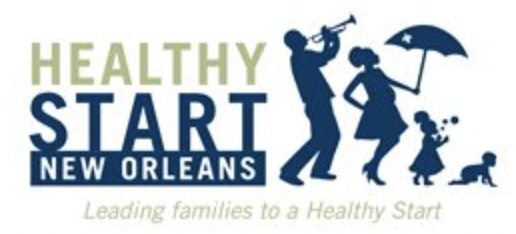Parenthood is a deeply enriching experience that brings immense joy for those who choose to embark on the journey. Yet, with this joy often comes a range of concerns while preparing for a child. One of the most common worries among expecting parents is infant nutrition. The question arises: what is the best way to ensure optimal nutrition to support a child’s growth and development?
Extensive research has consistently shown that breast milk is the gold standard for infant nutrition. Rich in essential vitamins, proteins, and antibodies, breast milk is uniquely tailored to meet an infant’s specific needs. Additionally, the benefits of breastfeeding extend far beyond basic nutrition. Breastfeeding also supports healthy brain development, reduces the risk of disease, and protects against malnourishment (Hamilton, 2017; Bjarnadottir, 2024). Moreover, breastfeeding fosters emotional and social bonding between parent and child through skin-to-skin contact, the benefits of which last well beyond a child’s early years of life (Hamilton, 2017). For nursing parents, breastfeeding can also aid in postpartum weight loss and reduce the risk of maternal mental health issues, such as postpartum depression (Bjarnadottir, 2024).
Despite these significant benefits, not all families have equal access to breastfeeding opportunities. While breastfeeding is ultimately a personal choice, many parents face societal and workplace barriers that limit their ability to make this decision freely. These inequities contribute to disparities in maternal and infant health, particularly among minority and socially vulnerable groups.
Recognizing the critical need to address these disparities, National Breastfeeding Month (NBM) was established by the United States Breastfeeding Committee (USBC) on August 6, 2011. This month-long initiative, along with World Breastfeeding Week (WBW) and Black Breastfeeding Week (BBW), aims to support nursing and expecting parents throughout August. The 2024 NBM theme, Nourish, Sustain, Thrive, emphasizes the importance of protecting, promoting, and supporting breastfeeding for the health and well-being of both parents and children (USBC, 2024).
Additionally, World Breastfeeding Week, celebrated from August 1st to August 7th, was created in 1992 to highlight the health benefits of breastfeeding and the need for global advocacy to promote infant health equity (NPHIC, 2022). This week-long initiative supports laws like the PUMP Act, which protects the rights of breastfeeding parents in the workplace, ensuring they have the time, space, and pay necessary to nourish their babies. On the other hand, Black Breastfeeding Week, observed from August 25th to August 31st, was established in 2013 to address the unique challenges faced by Black and African American families. This week focuses on closing the breastfeeding gap between racial and ethnic groups, as data from the CDC shows that Black infants are significantly less likely to be breastfed compared to their non-Hispanic White, Asian, and Hispanic counterparts. Specifically, CDC data states, “fewer non-Hispanic Black infants (75.4%) are ever breastfed compared with Asian infants (92.7%), non-Hispanic White infants (86.2%) and Hispanic infants (83.4%)”, leading to severe gaps in infant outcomes.
Together, these initiatives are vital in promoting maternal and infant health equity, enabling organizations like DePaul Community Health Centers (DCHC) to advocate for birthing individuals and their families nationwide. Through education and outreach, expecting parents can learn about the health benefits of breastfeeding, understand their rights, and become aware of the inequities that may affect them. For example, studies have shown that babies of color are less likely to be breastfed compared to non-POC infants (Chiang et al., 2021). Furthermore, according to the World Health Organization (WHO), undernutrition contributes to 45% of child deaths globally, and less than half of infants under six months are exclusively breastfed (WHO, 2023).
Many of these disparities are rooted in adverse effects of social determinants of health (SDOH), the conditions in which people live, work, play, learn, and grow. These factors significantly influence health outcomes and quality of life (CDC, 2024). In terms of infant nutrition, SDOH such as socioeconomic status can impact life factors such as household income and access to food, leading to food insecurity and malnutrition. Birthing individuals facing food insecurity may struggle to provide their children with necessary nutrients, and those from low-income households may find it challenging to breastfeed due to work requirements and workplace inequities. However, advocacy efforts and protective legislation can help mitigate the effects of SDOH and promote breastfeeding equity in the workplace, allowing breastfeeding to serve as a vital protector against food insecurity and malnutrition in infants.
In honor of NBM, WBW, and BBW, many organizations like the World Health Organization (WHO), Louisiana Breastfeeding Coalition, and DePaul Community Health Centers, are mobilizing to support breastfeeding across the nation. Notably, DePaul’s Infant Equity Education Project (DIEEP) aims to promote maternal and child health equity, raise awareness of maternal mental health concerns like maternal and paternal postpartum depression (PPD), and advocate for breastfeeding legislation such as the PUMP Act to support nursing and expecting parents in the greater New Orleans area. As part of Black Breastfeeding Week, DIEEP will host the “Tickled Pink to Breastfeed” evening reception on August 29th, 2024, from 5:30 - 7:30 p.m.
This event will feature words of support and encouragement from Veronica Gillispie-Bell, MD, MAS who serves as Medical Director of the Louisiana Perinatal Quality Collaborative and Pregnancy Associated Mortality Review for the Louisiana Department of Health. Participants will receive nursing support gifts and more. To register, click here!
For more information on the event and other DIEEP resources, please contact a DIEEP catalyst member at (504)-482-2080. Or, stay tuned for the official launch of the DePaul Infant Equity Education Project website this month!
Infant care... Just for you.











